European Union, ABAD and UN Development Program continue to support small and medium-sized businesses in northwest of Azerbaijan
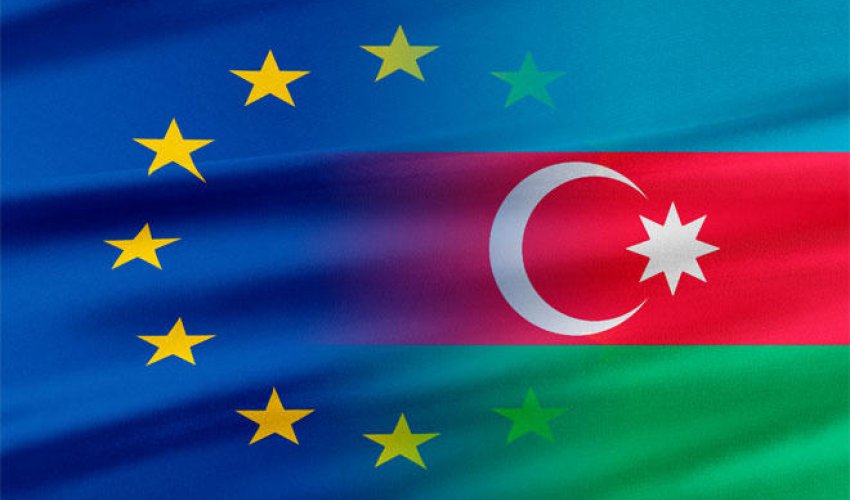
The three-year project with a total budget of $ 1.074 million, implemented in the regions of Azerbaijan in partnership with the European Union, the family business support unit of ASAN which is known as ABAD and United Nations Development Program continues, reports Trend with reference to the United Nations Development Program (UNDP) on Wednesday.
The project helps 44 families in the north-western region of Azerbaijan, covering Balakan, Gakh, Gabala, Oguz, Sheki and Zakatala, to establish their family business. So far, within the framework of the project, 23 families have been able to realize their business startups.
Up to now, of the total budget for 2018 in the amount of 427.29 thousand dollars of which 414.58 thousand have been mastered. Funds spent on the purchase of equipment and organization of trainings.
The budget for this year is set at 400 thousand dollars, of which 193.83 thousand dollars have been spent till now.
Since the beginning of the year, a series of trainings have been held for families and ABAD employees on small and medium business development, including monitoring and certification, packaging and logistics, financial literacy, social responsibility and the role of gender balance, international trade, branding and sales, internal communication and anti-corruption.
The aim of the project is to promote the socio-economic development of the regions of Azerbaijan and the creation of a modern and sustainable family business in rural areas, as well as ensuring equal opportunities and inclusion in accordance with European standards and practices.
As part of the European Union’s gender equality policy, the project provides for the implementation of 44 startups, of which 23 are headed by women.
The project is implemented within the framework of the European Union’s Program for Rural and Regional Development (PSDR). The main part of the project is funded by the European Union and amounts to 967 thousand dollars, while the government of Azerbaijan provides 50 thousand dollars and 57 thousand dollars is provided by UNDP.
www.anews.az
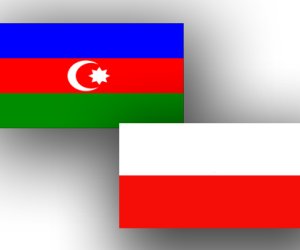

Latest news 
More news 
























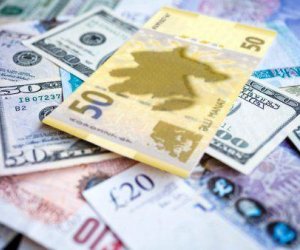
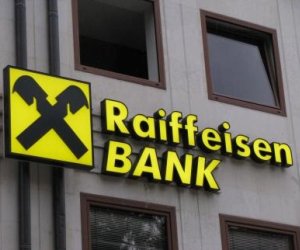
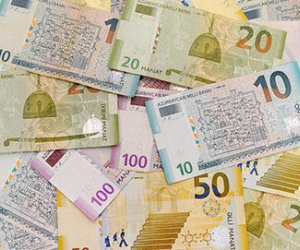
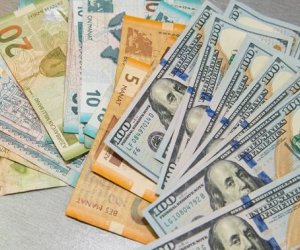





 Photo
Photo 



 Video
Video 

